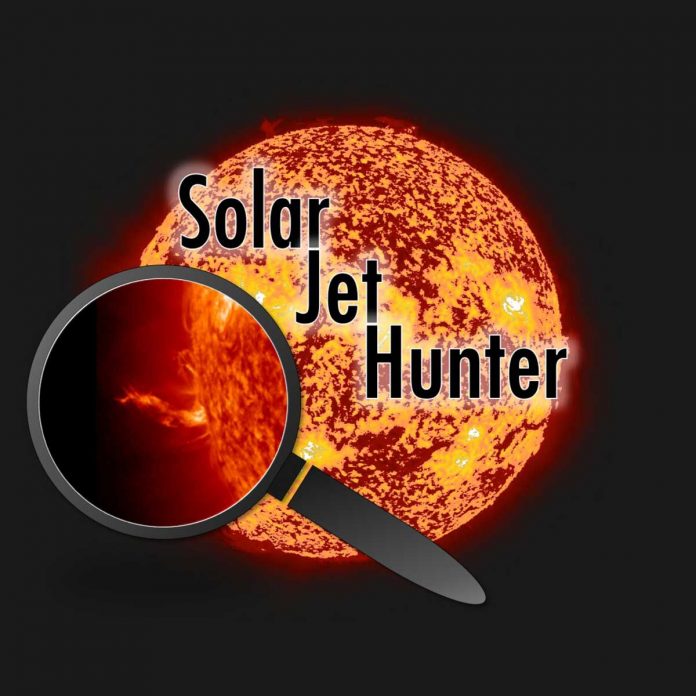Solar jets are bursts of plasma that comes out of Sun. The study of these solar jets will lead us to a better understanding of our closest, beloved star- the Sun. We will also get to understand how Sun’s energy impacts conditions on Earth.
With the support from NASA, University of Minnesota researchers has started a project called the new Solar Jet citizen science project. The researchers said in a press release that the solar jets are like millions of hydrogen bombs that goes off the Sun.
These solar jets are not so far away from us. So, it is very important to understand the cause and effect of these solar jets.
University of Minnesota associate professor of physics and astronomy, Lindsay Glesener has said that the research team conducting research on the solar jets is very small. He added that it will probably take a decade for the researchers to understand these solar jets and to go through all the images themselves. So, the scientists have asked for external help.
A citizen scientist can be any of us and can play a vital role in helping the researchers to find out more about this phenomenon. The scientists had asked for help to citizen scientist to analyse images form NASA’s Solar Dynamics Observatory. You as a citizen scientist will work together with solar researchers and they will record your findings.
A fellow researcher from European Space Agency, Sophie Musset has said that the citizen scientists will not only help to understand the researchers the Sun, but they will also hep them to write a computer algorithm. This computer algorithm will be used to identify solar jets in future.
If you wish to enrol yourself as a citizen scientist, then you can go to the official Solar Jet Hunter website.

